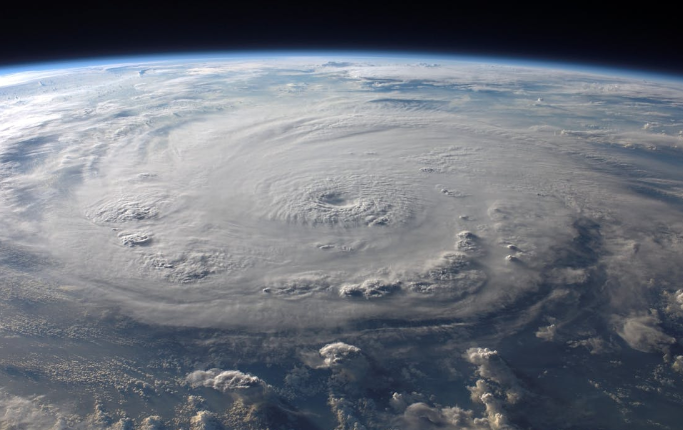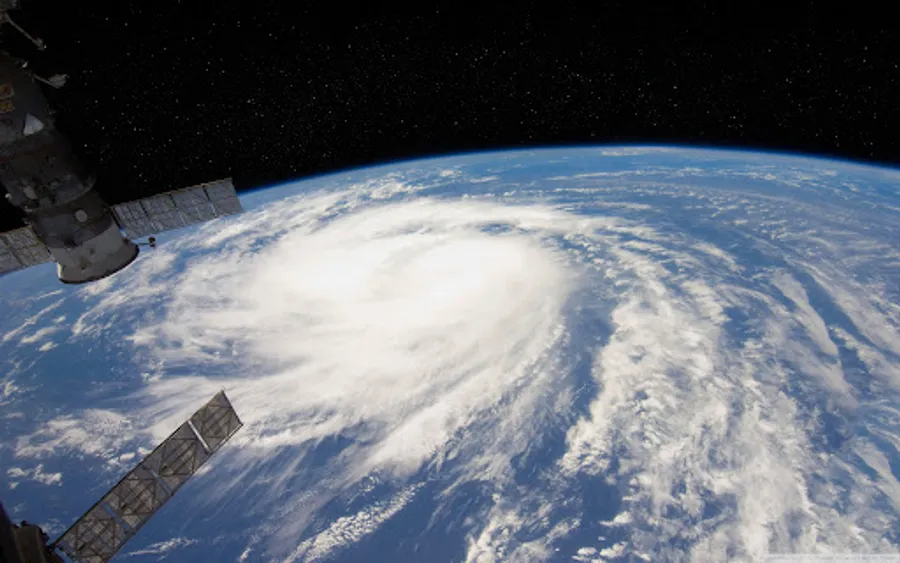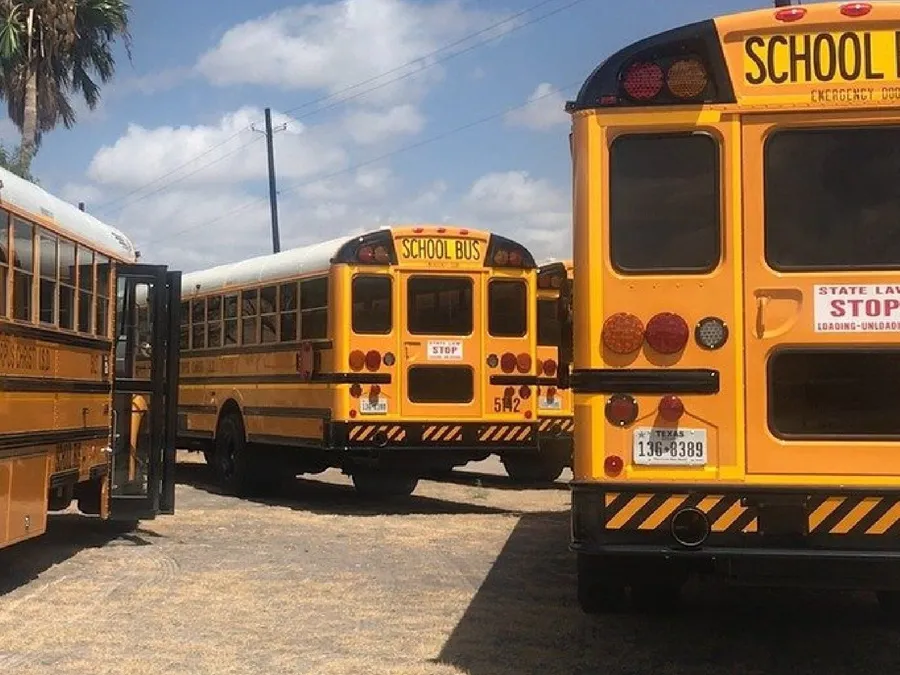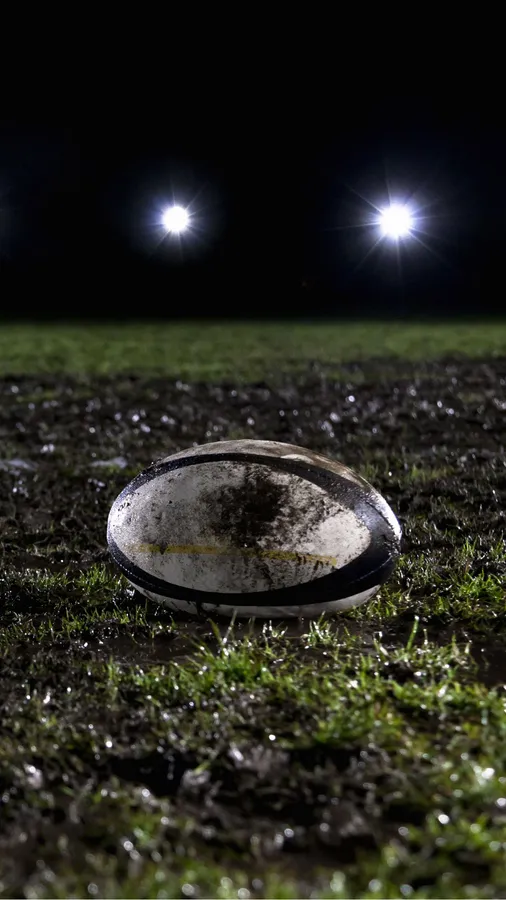Background on the Hurricane:
The devastation of Hurricane Helene, first landing in Florida on September 26th as a category 4 storm, has stretched over six states, all the way to Virginia. With the death toll surpassing 200, Helene has taken its place among the deadliest Hurricanes in the US since 2000. More than half of the deaths are attributed to extreme flooding after 20 to 30 inches of rain fell in North Carolina in the past few days. Over the thousands of homes struck by the category 4 hurricane, a very small percentage have flood insurance. As seen in the aftermath of storms like Ian in 2022, this lack of insurance will make it extremely difficult for homeowners to receive proper federal aid to rebuild. Many displaced individuals are relying on nonprofit organizations and donations for help.
Rebuilding efforts/future plans:
- Horseshoe Beach, FL: In Horseshoe Beach, Florida, houses were swept away and residents lost their life savings in the whirlwind of Helene. Some residents took initiatives on their own, like Janalea England, who transformed her small fish market into a distribution center, handing out necessities including water, canned food, diapers, soap, clothes, and shoes. Many Horseshoe Beach residents are now faced with the difficult decision of leaving their homes or risking another devastating storm that may wash away whatever is left.
- Barnardsville, NC: With a small population of around 600, the community in Barnardsville, North Carolina was impacted by Hurricane Helene. However, community-led responses have helped to rebuild the community. Residents can find a hot meal at the old firehouse on Barnardsville Highway, where a massive response has formed thanks to local volunteers. Once headquarters for the fire department, turned volunteer hub of activity practically overnight—the firehouse is where water, food, and supplies are distributed to Barnardsville locals. Volunteer teams have since rebuilt bridges, offered first aid care, cleared roads, and made welfare checks. “The thing that speaks to, to me, is that we are the local community,” Barnardsville recovery volunteer Chloe Lieberman told Citizen Times. “Pretty much 100% of what we’ve seen here is human kindness, generosity and cooperation.”
President Joe Biden approved the federal disaster assistance which is accessible to people in certain counties hit especially hard by the natural disaster. Florida Governor, Ron DeSantis, reports the approval of an important disaster declaration that will provide public and personal (certain residents) assistance for people in devastated areas. Help is coming from government agencies and first responders like FEMA, Law Enforcement, Fish and Wildlife Conservation Commissions, State Guards, and National Guards. Private and non-profit organizations, faith groups, and other volunteers also continue their efforts to provide essentials including food, water, and baby formula.
There are many ways to help the survivors and victims of Hurricane Helene, both on a state and national level. The American Red Cross is accepting donations to help house survivors who have evacuated their properties. The Salvation Army is taking financial donations as well to provide support for citizens in need of food and spiritual guidance. The World Central Kitchen is helping provide meals not just for Helene victims, but for many others around the globe who need food assistance. Individuals can also donate to North Carolina, Florida, and Georgia state funds to assist with disaster response and provide vital resources to those who require them.










